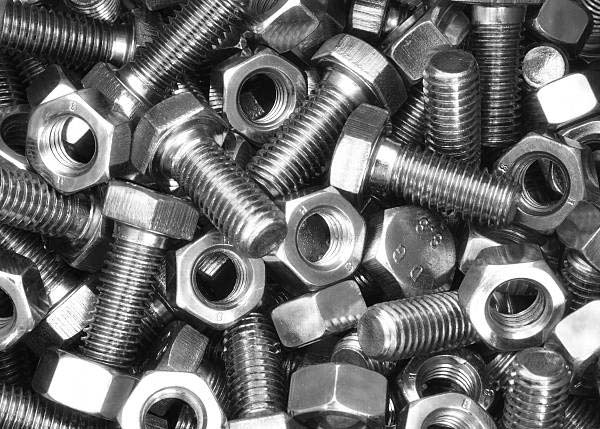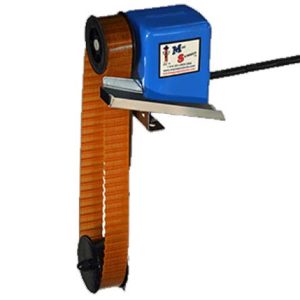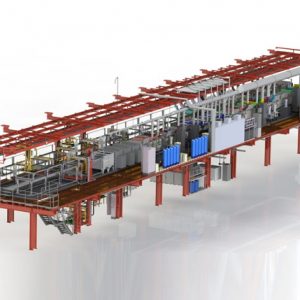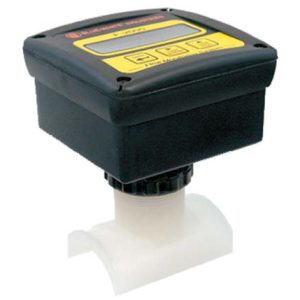Anodizing Hardware – Fasteners
When it comes to anodizing hardware – titanium fasteners or aluminum fasteners, are used for their strength and corrosion resistance. The material chosen depends on the use as the different materials react differently to different factors in the environment and the different chemicals being used. While titanium is one of the popular materials used to make fasteners, let’s take a look at some of the other materials used in addition to titanium fasteners.
Aluminum Nuts and Bolts
When it comes to aluminum nuts and bolts, it is the least costly material that can be used to make fasteners. Aluminum fasteners are classified as hardenable and nonhardenable and weigh about one-third as much as steel. Some grades of aluminum are even stronger than that of mild steel. Cold-formed bolts, screws, rivets, and machine-screw nuts are just a few of the things that are made with aluminum.
Titanium Nuts and Bolts
Titanium nuts and bolts are largely found in the aircraft industry. Their excellent corrosion resistance and good high-temperature performance make it the ideal material for aircrafts and aircraft parts. As a result, joints are the most popular item that titanium is used to make, including joints loaded in shear and tension-loaded joints.
The most corrosion-resistant metal screws we offer, titanium screws withstand salt water, acids, and chemicals. They have a high strength-to-weight ratio—stronger than medium-strength steel screws and about 40% lighter. Length is measured from under the head. Aluminum screws are one-third the weight of steel and have good corrosion resistance. Length is measured from under the head.




